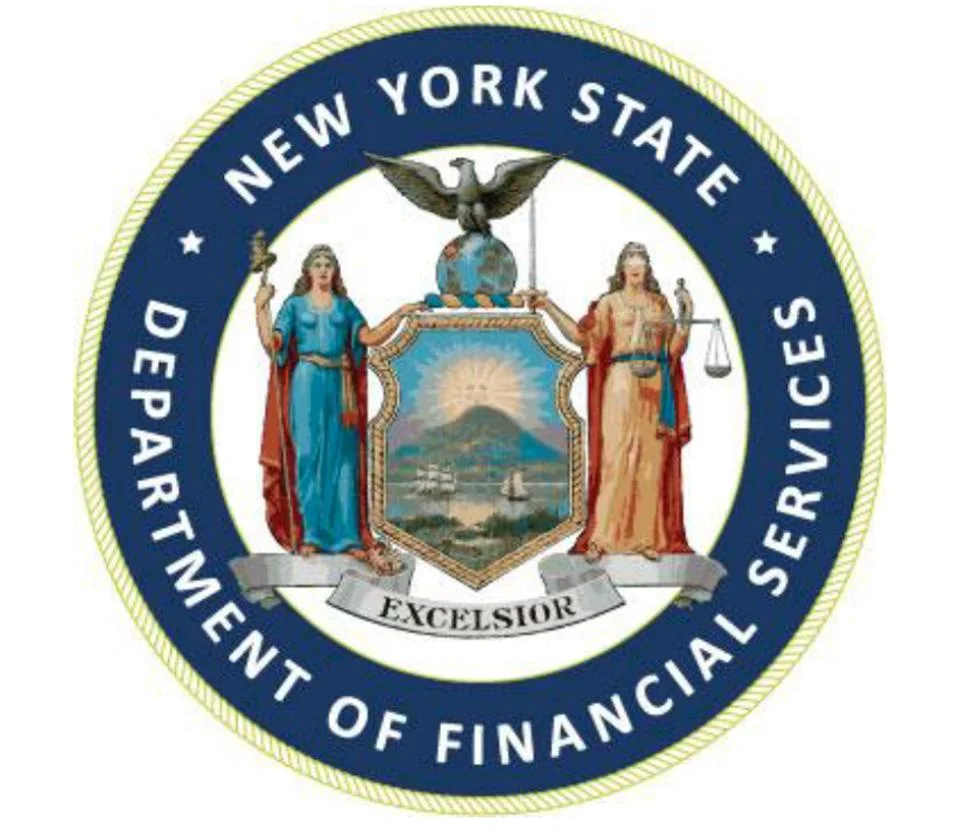
CYBER SECURITY CONSULTING SERVICE AWARDS AND RECOGNITIONS
CyberSecOp's comprehensive managed security services, cyber security consulting, professional services, and data protection technology are recognized as industry-leading threat detection and response solutions by major analyst firms, key media outlets, and others.
What advice does the world's first CISO have
What advice does the world's first CISO have for the current generation of CISOs? Stephen Katz emphasizes, first and foremost, that cybersecurity must be treated as a business risk management issue rather than a technology issue.
"Security has to evolve and grow at the same pace as the business," he stresses in an interview with Information Security Media Group.
The role of the CISO has to be recognized as a core business function, he adds. "Security has to be an enabler of the business; security has to earn a seat at the executive table. Too often, we give people the title of chief information security officer; they don't believe they're an executive, and executives don't believe they are an executive."
In this interview (see audio link below photo), Katz also discusses:
Changes in the threat landscape since becoming the world's first CISO;
Top priorities for CISOs in the coming year;
Why getting back to the basics of security remains so important;
The ongoing growth of machine learning models in all aspects of cybersecurity.
Katz is the founder and president of Security Risk Solutions LLC, an information security company providing consulting, mentoring, coaching and advisory services. He was formerly CISO at JPMorgan Chase, Citigroup and Merrill Lynch.
NYDFS Cybersecurity Retain a CISO, CSO -Regulation Compliance
With cyber-attacks on the rise and comprehensive federal cybersecurity policy lacking for the financial services industry, New York is leading the nation with strong cybersecurity regulation requiring, among other protective measures, set minimum standards of a cybersecurity program based on the risk assessment of the entity, personnel, training, and controls in place in order to protect data and information systems, said Superintendent in a press release issued by DFS, CyberSecOP helping financial organisation comply with the NYDFS manadates.
With the New York Department of Financial Services’ (NY DFS) new terms poised to come into effect next month, banks and financial services companies operating in the state must start preparing for the change.
One of the most discussed issues in the controversial proposal is the requirement to appoint a CISO (chief information security officer). The move was met by heavy criticism at a hearing in December last year, leading to a massive backtrack from the DFS in a revised proposal.
Requirements of the CISO
The latest proposal removes any explicit requirement to hire a CISO, which is good news for many smaller or rural financial institutions that don’t currently have one in place. What this means, practically, is that the position is no longer necessarily exclusive. Banks can choose to designate someone to complete the tasks of a CISO while also performing other duties. Alongside this, the proposal does not state that the specific title of ‘CISO’ is required.
So what will the CISO (or CISO by any other name) be asked to do? The role now covers a broader set of responsibilities but in a less detailed manner. The designated person will have to provide an annual report to the board of directors (previously proposed as a biannual report) on the “cybersecurity program and material cybersecurity risks”, according to the proposal. It is now specified that the report must be “in writing” but it no longer needs to be provided to the NY DFS upon request.
The required content of the report will now also be less extensive. The CISO must identify and report only on material cyber risks rather than all cyber risks. This will involve “consider[ing]” those issues “to the extent applicable.” Additionally, the CISO will be able to tailor their focus to the issues appropriate to their organization.
Finding the right candidate
The NY DFS’ revision allowing the CISO to be an employee of the covered entity (i.e. an internal hire), or an affiliate or third-party service provider offers crucial flexibility for smaller financial institutions.
Companies with only a handful of employees – the most vocal in their frustration at the DFS’ initial plans – may look to shuffle their existing staff.
When doing that – or in making a new hire – there are certain things organizations need to look for. The CISO role is not just a tech-specific position, notes John Linkous, RSA Conference’s technology advisor, but they must now be “a trusted advisor to the business as a whole”. He adds:
“One of the most critical capabilities is simply the ability to understand the business much more intimately than his or her predecessors. Business drives the need for technology, and so security must be focused on how data is used within those business functions, across the end-to-end spectrum. Without a solid understanding of what the organization does, and how it makes money, an information security officer is going to have a fundamental disconnect with what’s needed to protect the enterprise.”
Third-party service providers or affiliates
Given the responsibility placed on the CISO, outsourcing the role to a third party can be an appealing proposition.
Going down this route presents its own set of issues, though. As TechTarget reported, third parties are “almost always” involved when it comes cyber breaches – arguing that it is either through a lack of accountability or oversight. While service-level agreements (SLAs) are always advised, the DFS has taken steps to ensure the right measures are in place. In response to the fear that financial services firms would not always have sufficient power to force third parties to accept their preferred provisions, the NY DFS now dictates that all third-party services must be performed under contractual provisions rather than by way of “relevant guidelines for due diligence.”
Source: www.itgovernanceusa.com



